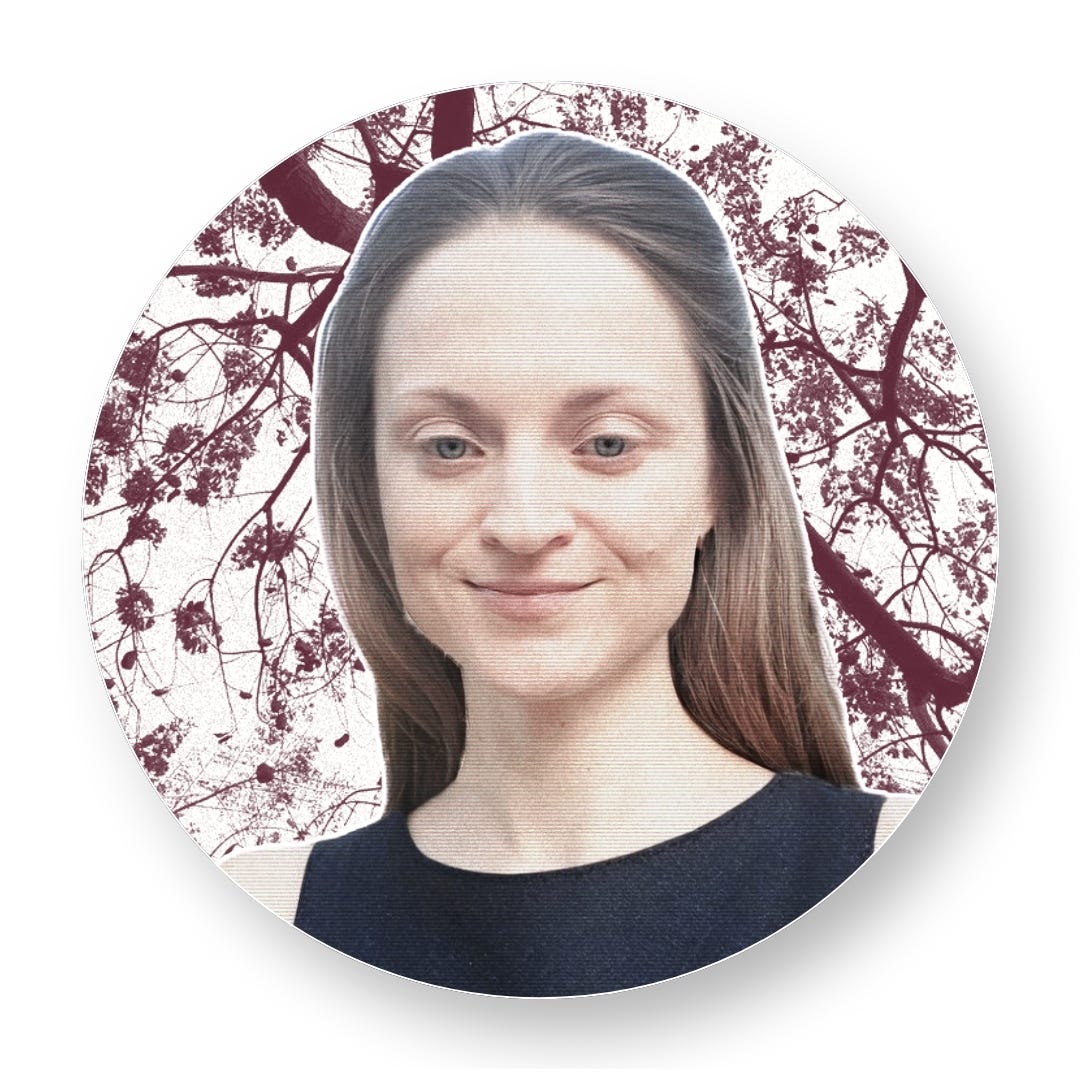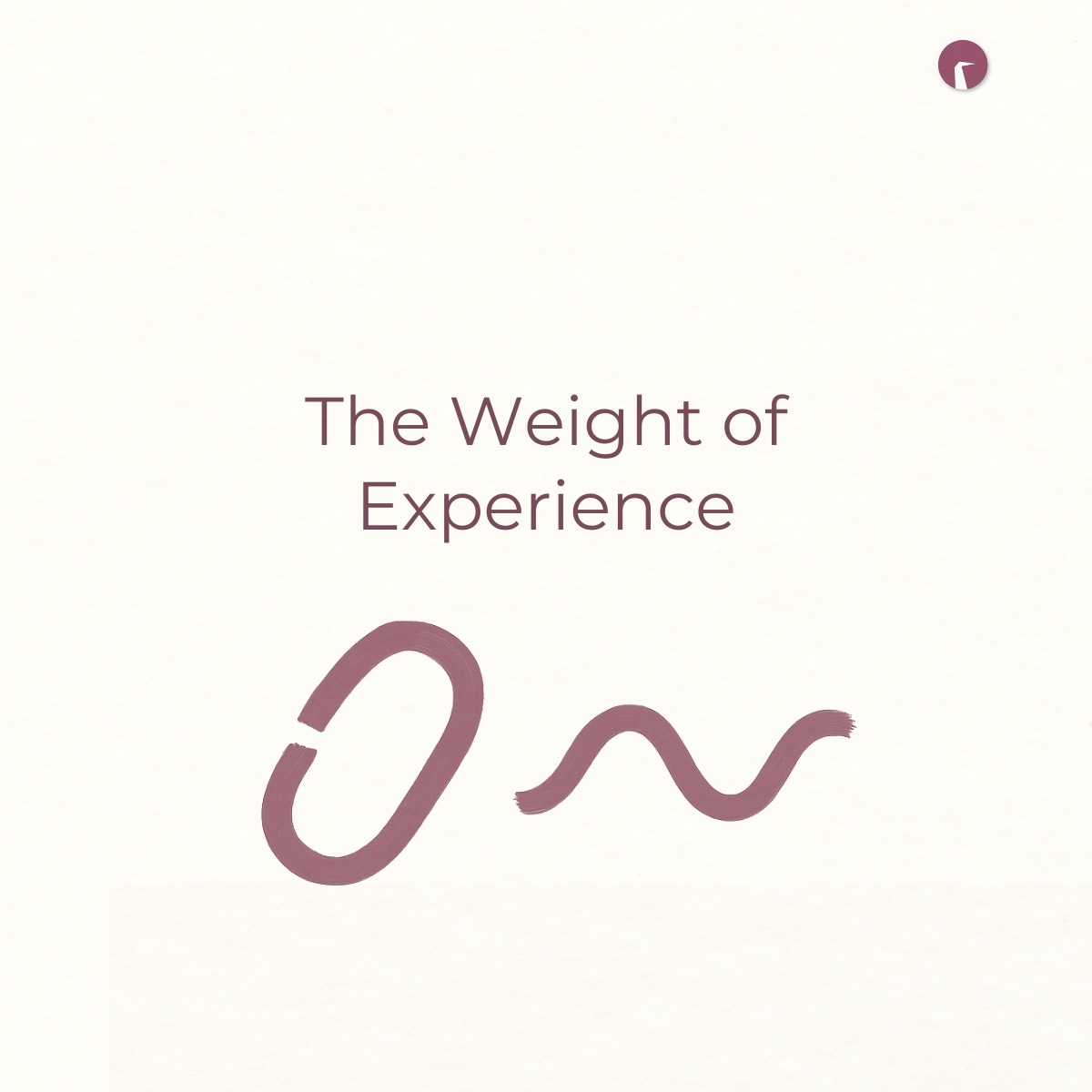Experience is supposed to make us wiser.
Sharper. More adaptable.
But paradoxically — the more experience we collect, the harder it becomes to change.
Not because people grow stubborn.
But because experience becomes identity.
Changing a deeply held belief doesn’t just mean updating knowledge.
It often means questioning years of choices, struggles, and achievements.
And that feels like breaking something inside ourselves.
Why Old Experience Blocks New Insight
We all know people who say:
“I’ve been in this field for 20 years; I know how it works.”
The truth? What worked 20 years ago may not work today.
Cognitive inertia
Frederic Bartlett’s early memory studies showed that we don’t store facts like files.
We reshape them — to fit the story we already believe.
New information isn’t neutral.
The brain bends it until it matches what we already “know.”
Loss aversion
Kahneman & Tversky proved that humans fear loss more than they value gain.
To accept a new perspective often means letting go of an old one.
And our brains treat that as loss — painful, threatening, something to resist.
This is why even intelligent, curious people cling to outdated assumptions.
It’s not stupidity.
It’s protection.
What to do about it?
Recognize that experience isn’t static — it’s a dynamic process. Ask yourself:"Am I holding onto this belief because it’s correct, or just because it’s mine?"When Experience Becomes Too Complex to Share
Sometimes, experience doesn’t block you — it blocks others from following you.
The curse of expertise
The deeper your knowledge, the harder it is to explain simply.
You assume what’s obvious to you is obvious to everyone.
And your insights become inaccessible.
The paradox of confidence
The Dunning-Kruger effect shows that novices often sound more certain than experts.
The ones with depth hesitate. The ones with little speak loudest.
And so, meetings and debates fill with noise from the shallow end, while the people with real experience often go unheard.
What to do about it?
Stop expecting others to “catch up” to your level of understanding. Instead, work on translating your expertise into stories, analogies, and simpler explanations. Your knowledge is valuable, but if no one can absorb it, it remains locked inside you.Why New Knowledge Feels Like a Threat
Neuroscience gives us the clue.
Joseph LeDoux showed how the amygdala — the brain’s fear center — reacts to challenging ideas as if they were physical threats.
Updating your worldview isn’t just intellectual.
It feels like survival.
Add cognitive dissonance: when beliefs are challenged, we rationalize instead of changing.
Not because logic fails — but because identity resists.
How to Keep Experience Fluid
✔️ Stop treating experience as truth.
It’s not law. It’s a tool.
✔️ Notice the bias.
Ask yourself: “Am I holding this belief because it’s right, or because it’s mine?”
✔️ Translate complexity.
Don’t expect others to catch up. Use stories, metaphors, and clarity to make your insights usable.
✔️ Stay curious.
Leave space for the possibility that you’re wrong — even after decades.
✔️ Let go without fear.
Dropping an old belief isn’t weakness. It’s the cost of growth.
The Core Truth
Experience is double-edged.
It can be your sharpest tool — or your heaviest chain.
True wisdom isn’t about holding everything you’ve learned.
It’s about reshaping it, questioning it, and making it alive again.
Because wisdom that can’t move with the present
is just memory —
and memory alone doesn’t lead.

References:
Bartlett, F. C. (1932). Remembering: A Study in Experimental and Social Psychology. Cambridge University Press.
Dunning, D., & Kruger, J. (1999). Unskilled and Unaware of It: How Difficulties in Recognizing One's Own Incompetence Lead to Inflated Self-Assessments. Journal of Personality and Social Psychology.
Festinger, L. (1957). A Theory of Cognitive Dissonance. Stanford University Press.
Fischer, K. W., & Kay, A. C. (2011). Developmental Science and the Learning Sciences. Cambridge Handbook of the Learning Sciences.
Kahneman, D., & Tversky, A. (1979). Prospect Theory: An Analysis of Decision Under Risk. Econometrica.
LeDoux, J. (1996). The Emotional Brain: The Mysterious Underpinnings of Emotional Life. Simon & Schuster.





